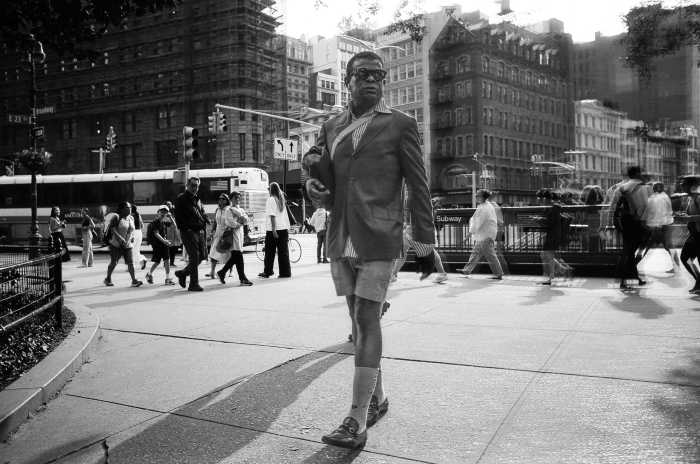The borough’s straphangers were given a chance to voice their concerns over a proposed fare increase by the MTA, at a public forum held at the Sheraton LaGuardia East Hotel in Flushing recently.
Many residents gathered to protest the higher fares, which would jump 25 cents to a total of $2.25 for a single ride. Addressing a group of MTA officials present at the meeting on Wednesday evening, November 7 were not only angry residents, but also borough activists and government officials, including Queens Borough President Helen Marshall.
“I can’t understand how the MTA can propose a fare increase while Mayor Bloomberg is encouraging more people to use mass transit,” said Marshall.
On hand to speak for the Queens Civic Congress, (QCC), an alliance of more than 100 civic and community organizations was Phil Konigsberg, former president of the Bay Terrace Community Alliance.
“Under the current financing scheme for mass transit, a fare hike represents nothing less than a regressive tax hike in excess of $750,” he said, based on QCC’s estimates on the fare increase.
City riders had other statistics to mull over on the first day of these forums, Monday, November 5, when the New York Public Interest Research Group (NYPIRG), specifically their Straphangers Campaign, handed out leaflets to rush-hour commuters.
According to their leaflets, New York City riders paid 55 percent of the running costs of city subways and buses in 2005, as compared to 29 percent in Boston, 37 percent in Philadelphia and 43 percent in Chicago.
NYPIRG urged the MTA to delay a fare increase until after April 15, giving state legislators extra time to provide enough additional funds to prevent the price hike.
Similarly, Marshall said that no fare increase should happen until a detailed financial plan is in place for the city’s mass transit system, which should include increased Long Island Rail Road (LIRR) train service, new express and local bus routes, and a ferry service from the Rockaways and Western Queens to Manhattan.
With a nearly $900 million estimated surplus for 2007, the MTA has been criticized for proposing a fare increase, the first in more than four years. Many opponents to the plan single out city and state officials who they believe have not done a sufficient job of securing federal funding for New York’s public transportation system.
The MTA is scheduled to vote on the proposed fare increases, as well as increased tolls and LIRR fares in December, with February the first likely month for the new prices to be instituted.































